At a forum held by the Federation of Korean Industries (FKI) on October 14, five former ministers and semiconductor experts said comprehensive government support is needed for chipmakers to avoid repeating the mistakes of Toshiba and Intel.
Kim Chang-beom, vice chairman of the FKI, noted that the United States, China and Japan are providing huge subsidies and tax incentives to boost the domestic chip industry, and called on the government to introduce similar financial support programs. If the trend continues, South Korea's chipmaking capacity will fall behind other major powers.
Hwang Cheol-seong, a professor of materials science and engineering at Seoul National University, pointed out that South Korea's competitive advantage may weaken in the near future because the current 2D DRAM development process used by domestic chipmakers will face limitations in the next five years.
According to him, stacked 3D DRAM structures, similar to vertical NAND flash chips, are inevitable.
He also warned of the rapid penetration of Chinese companies into the global memory market, thanks to strong government support.
Market research firm TrendForce estimates that Chinese companies accounted for only 6% of the world's memory chip market share in the July-September period, but that is expected to increase to 10.1% in the third quarter of next year.
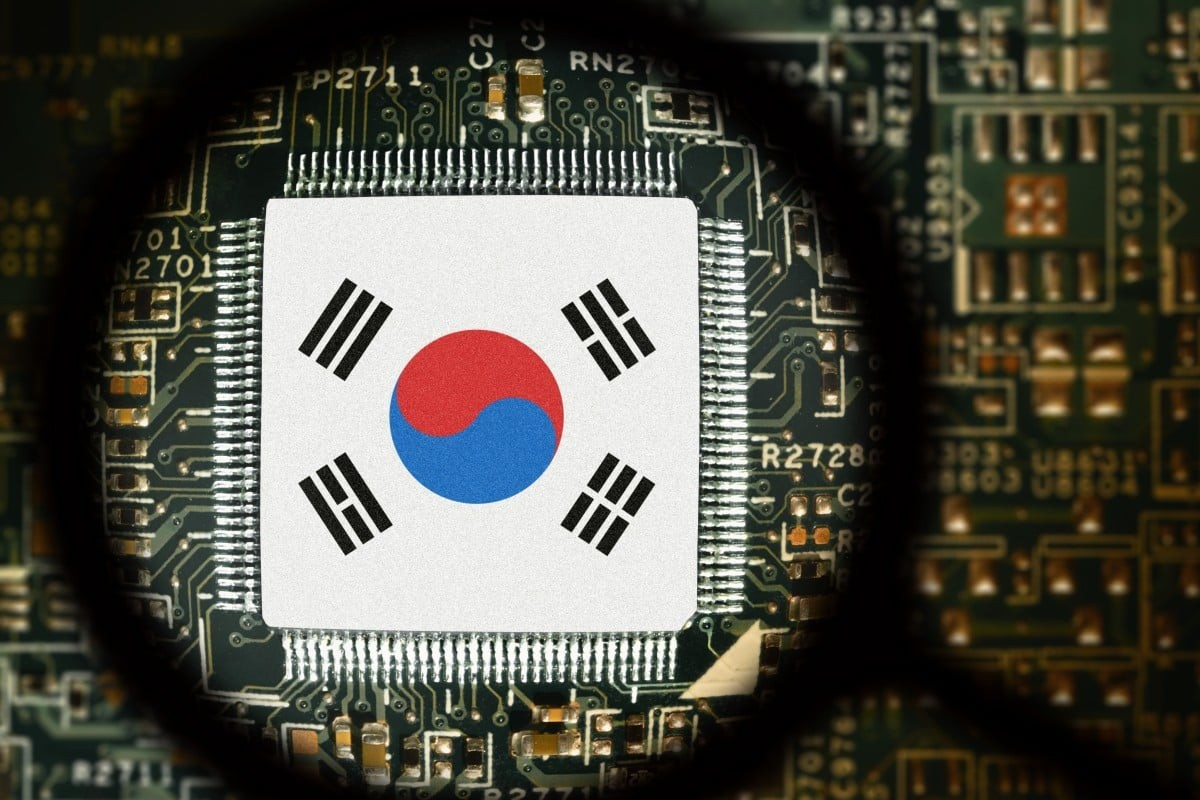
Lee Youn-ho, former minister of knowledge economy from 2008 to 2009, said government support for the semiconductor industry should not be seen as discriminating against individual companies.
He assessed that the semiconductor sector has gone beyond the framework and become an industry directly related to a country's competitiveness.
It is also closely linked to national security as more than 90% of modern military technology relies on chip technology. That is why governments decide to provide such large grants.
Yoon Sang-jik, former industry minister from 2013 to 2016, explained that four prerequisites of labor, funds, electricity and data need to be met for the chip industry to develop.
He also pointed to the country’s poor electricity supply. Citing the fact that the world’s largest semiconductor cluster under construction in the city of Yongin alone would require 49 gigawatts of electricity by 2029, he called for special legislation to “speed up the construction of the delayed power transmission grid, build new nuclear power plants, and accelerate the commercialization of next-generation small modular reactors.”
Considering the rapid changes in the semiconductor industry, especially with the development of AI technology, Lee, who will head the Ministry of Industry from 2022 to 2023, emphasized the important role of the government in promoting the competitive advantage of Korean chipmakers through supportive policies.
Lee Jong-ho, former science minister from 2022 to 2024, said there is a need for cooperation between academia, industry and research institutes to develop low-power chips to reduce AI's huge energy consumption.
In addition, it is necessary to build computing infrastructure for universities and open funds to support AI technology companies.
"The cases of Toshiba and Intel show that failure to innovate and mistakes in investment as well as lack of support can cause once-dominant companies to collapse," said Lee Sang-ho, vice president of the FKI's Economic and Industrial Research Department.
Toshiba was the world's No. 1 maker of NAND flash memory chips in the early 2000s, but eventually withdrew from the stock market in December 2023, ending its 74-year history as a public company.
Intel is also a leading integrated circuit manufacturer, dominating the central processing unit market with a market share of 82.6% in the third quarter of 2016.
Now, the company is struggling to survive, recording a net loss of $1.61 billion in the second quarter of 2024, while also spinning off its loss-making foundry business.
(According to Korea Herald)
Source: https://vietnamnet.vn/ban-dan-han-quoc-nen-tranh-vet-xe-do-cua-toshiba-intel-2332026.html



![[Photo] National Assembly Chairman Tran Thanh Man holds talks with Hungarian National Assembly Chairman Kover Laszlo](https://vphoto.vietnam.vn/thumb/1200x675/vietnam/resource/IMAGE/2025/10/20/1760952711347_ndo_br_bnd-1603-jpg.webp)

![[Photo] Chairman of the Hungarian Parliament visits President Ho Chi Minh's Mausoleum](https://vphoto.vietnam.vn/thumb/1200x675/vietnam/resource/IMAGE/2025/10/20/1760941009023_ndo_br_hungary-jpg.webp)
![[Photo] The Steering Committee of the 2025 Fall Fair checks the progress of the organization](https://vphoto.vietnam.vn/thumb/1200x675/vietnam/resource/IMAGE/2025/10/20/1760918203241_nam-5371-jpg.webp)
![[Photo] Solemn opening of the 10th Session, 15th National Assembly](https://vphoto.vietnam.vn/thumb/1200x675/vietnam/resource/IMAGE/2025/10/20/1760937111622_ndo_br_1-202-jpg.webp)
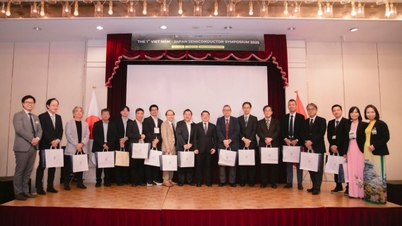

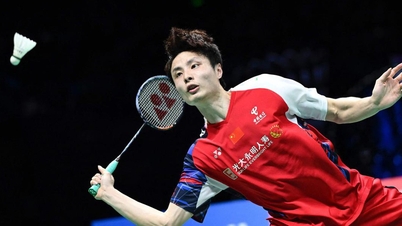



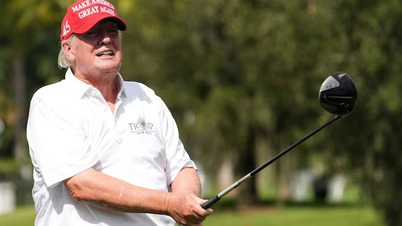






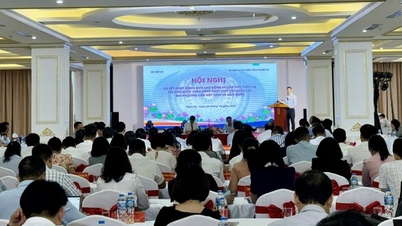

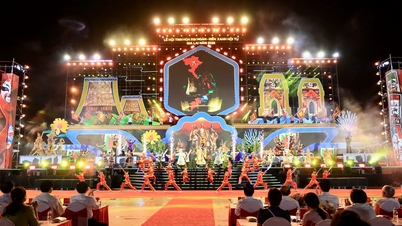


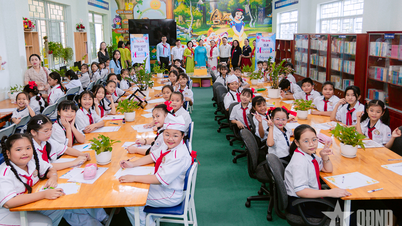

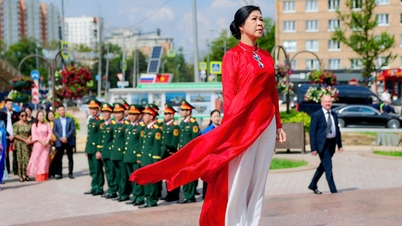




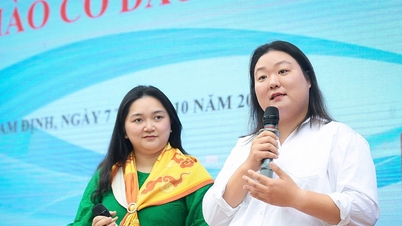
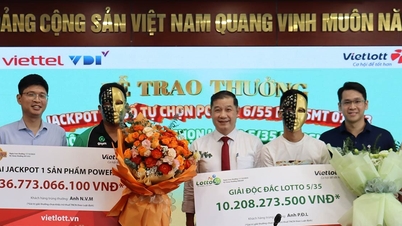


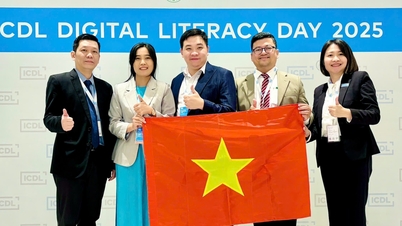



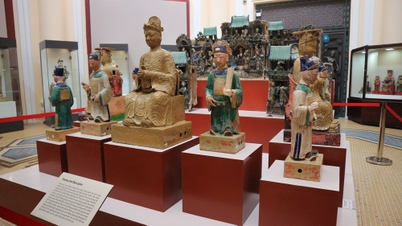








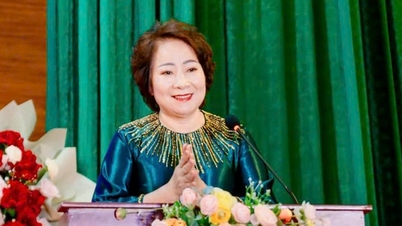


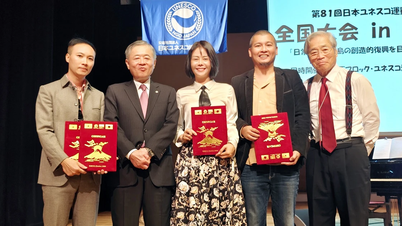



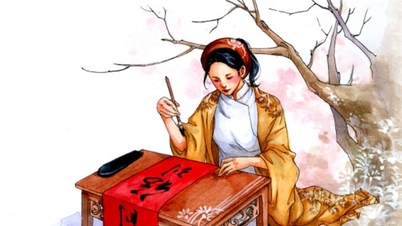
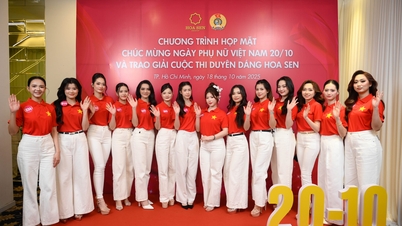
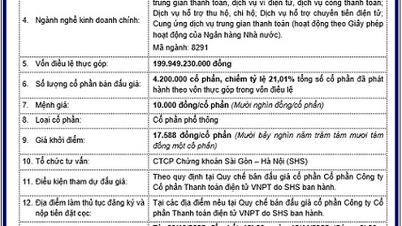
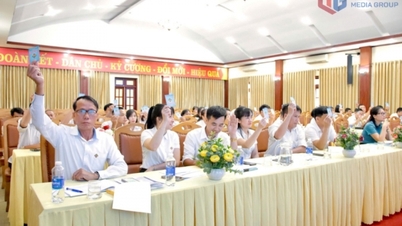

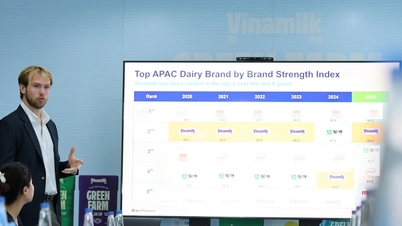

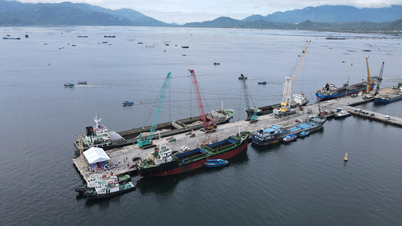









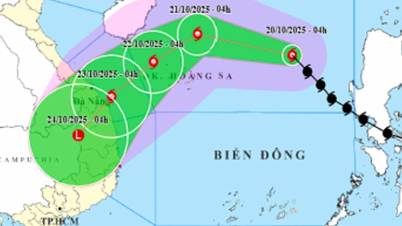

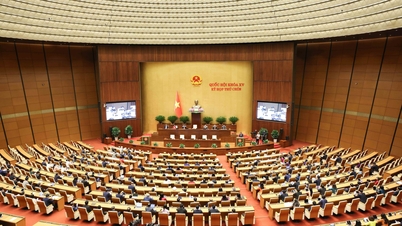
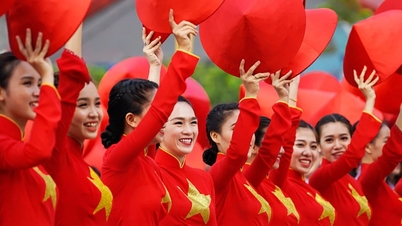

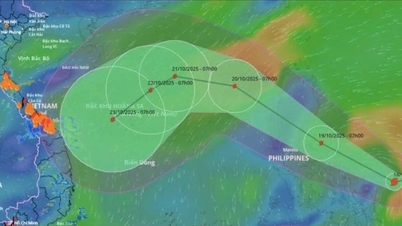

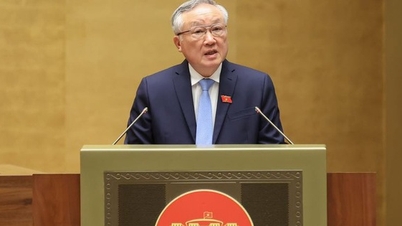

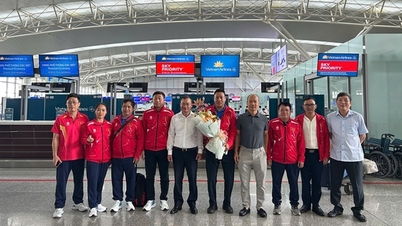
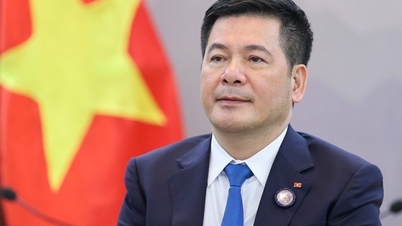
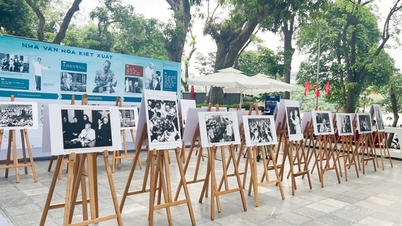
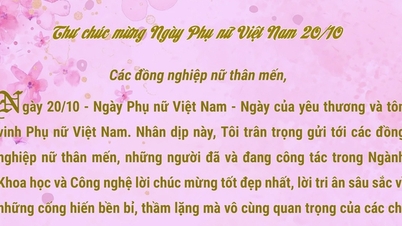
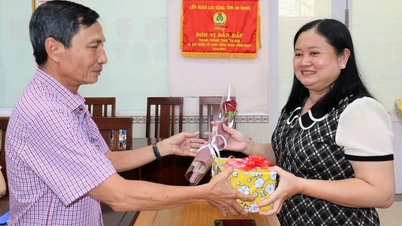

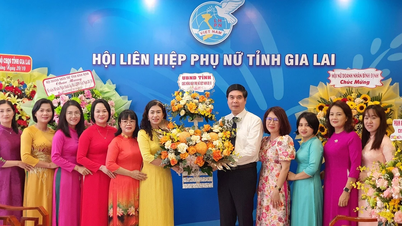

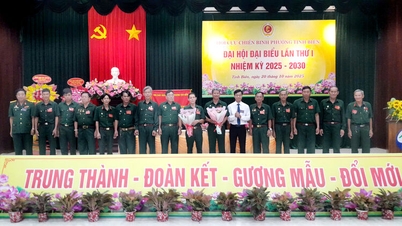
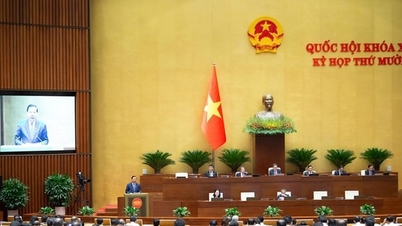
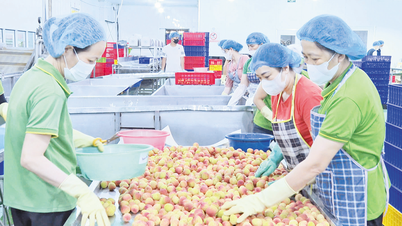















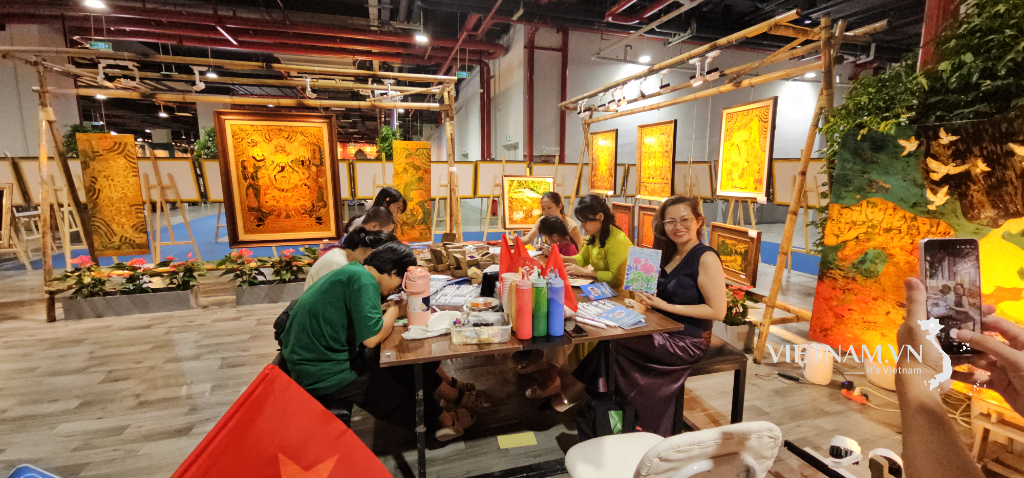

Comment (0)